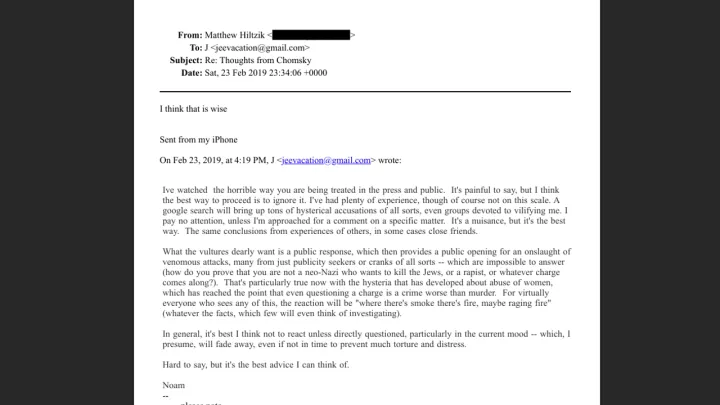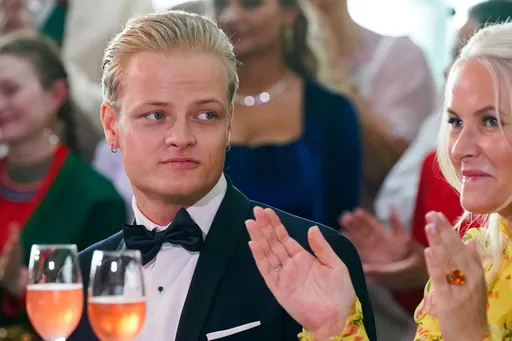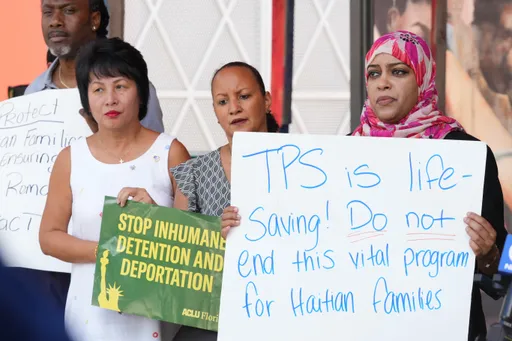According to scientists at University of California San Francisco (UCSF), some people are genetically predisposed to surviving, or in fact thriving, on minimal sleep without needing the full eight hours recommended by specialists.
The researchers say these “elite sleepers” who only need four to six hours of rest per night “show psychological resilience and resistance to neurodegenerative conditions” that may suggest how to fend off neurological disease.
“There’s a dogma in the field that everyone needs eight hours of sleep, but our work to date confirms that the amount of sleep people need differs based on genetics,” said neurologist Louis Ptacek, MD, one of the senior authors on the study, which appears in iScience on March 15, 2022 “Think of it as analogous to height; there’s no perfect amount of height, each person is different. We’ve shown that the case is similar for sleep.”
According to Britain’s National Health Service (NHS), “Most adults need between 6 and 9 hours of sleep every night.” This is the orthodox belief about how many hours an adult needs per night to function properly the next day.
The NHS recommends adults work out “what time you need to wake up… [and] set a regular bedtime schedule.” The NHS adds “It is also important to try and wake up at the same time every day. While it may seem like a good idea to try to catch up on sleep after a bad night, doing so on a regular basis can also disrupt your sleep routine.”
And in a study conducted by researchers from the University of Buffalo and the Ohio State University, the authors note that several studies suggest that “high levels of social media use may affect sleep by reducing the amount and quality of it.
They emphasise that especially for those who use social media excessively, who display ‘addictive social media or mobile phone use’ can lead to ‘reduced sleep quality and insomnia.’ And lower quality or quantity of sleep leads to poorer physical health, ‘including elevated risks for cardiovascular disease, hypertension, and early mortality.’”
Coming back to the study at hand, Ptacek and co-senior author Ying-Hui Fu, PhD, both members of the UCSF Weill Institute for Neurosciences, have been studying this phenomenon of not requiring the traditional eight hours of sleep for more than a decade. Individuals with Familial Natural Short Sleep (FNSS) have the capacity to function fully on – and have a preference for – four to six hours of sleep every night.
The researchers have demonstrated that FNSS is a familial trait, and have so far identified five genes across the genome that affect this kind of short yet efficient sleep. They say that there are still many more genes to identify that are related to FNSS.
The most recent study was based on Fu’s hypothesis that elite sleep can be “a shield against neurodegenerative disease,” a news release explains. Her hypothesis goes against the current thinking which suggests that lack of sleep can speed up neurodegeneration.
Fu says that with FNSS, the human brain takes care of its sleep tasks in a shorter time. Thus, a short amount of sleep which is spent efficiently does not mean a lack of sleep.
Fu says the researchers opted to look at mouse models of Alzheimer’s disease because of the commonality of the condition. They bred mice that had both a short-sleep gene and genes that made it more likely to Alzheimer’s disease. The mouse brains developed much less of the hallmark aggregates that were linked to dementia.
Then they repeated the experiment with a different set of mice – those who were bred with a different short-sleep gene and another dementia gene and received similar results.
Fu and Placek are under the impression that similar investigations of other brain conditions would once again show that efficient-sleep genes would offer similar protections against neurodegenerative diseases.
Improving peoples’ sleep could delay progression of disease across a whole spectrum of conditions, they say.
“Sleep problems are common in all diseases of the brain,” she says. “This makes sense because sleep is a complex activity. Many parts of your brain have to work together for you to fall asleep and to wake up. When these parts of the brain are damaged, it makes it harder to sleep or get quality sleep.”
Understanding the biological foundations of sleep regulation could help medical professionals prescribe drugs that will keep away problems with sleep disorders. Moreover, bettering sleep in healthy people may help keep them well and improve the quality of time we each have, the researchers note.
But trying to find out each and every gene involved with efficient-sleep will take a long time, a process the researchers say is not unlike trying to solve a 1000-piece jigsaw puzzle.
“Every mutation we find is another piece,” says Ptacek. “Right now we’re working on the edges and the corners, to get to that place where it’s easier to put the pieces together and where the picture really starts to emerge.“
Even though there is much research to be carried out still, there’s already a potential positive outlook for some of the few genes the team has identified. According to the news release, at least one of them can be targeted with existing drugs that might be repurposed.
The researchers hope that within the next ten years, they will have helped ease the way for new treatments that support people with brain disorders and let them sleep better at night.
“This work opens the door to a new understanding of how to delay and possibly prevent a lot of diseases,” says Fu. “Our goal really is to help everyone live healthier and longer through getting optimum sleep.”
Additional authors on the study include Qing Dong, Nicholas W Gentry, Thomas McMahon, Maya Yamazaki, Lorena Benitez-Rivera, and Tammy Wang, all of UCSF and Li Gan of Weill Cornell Medicine.























